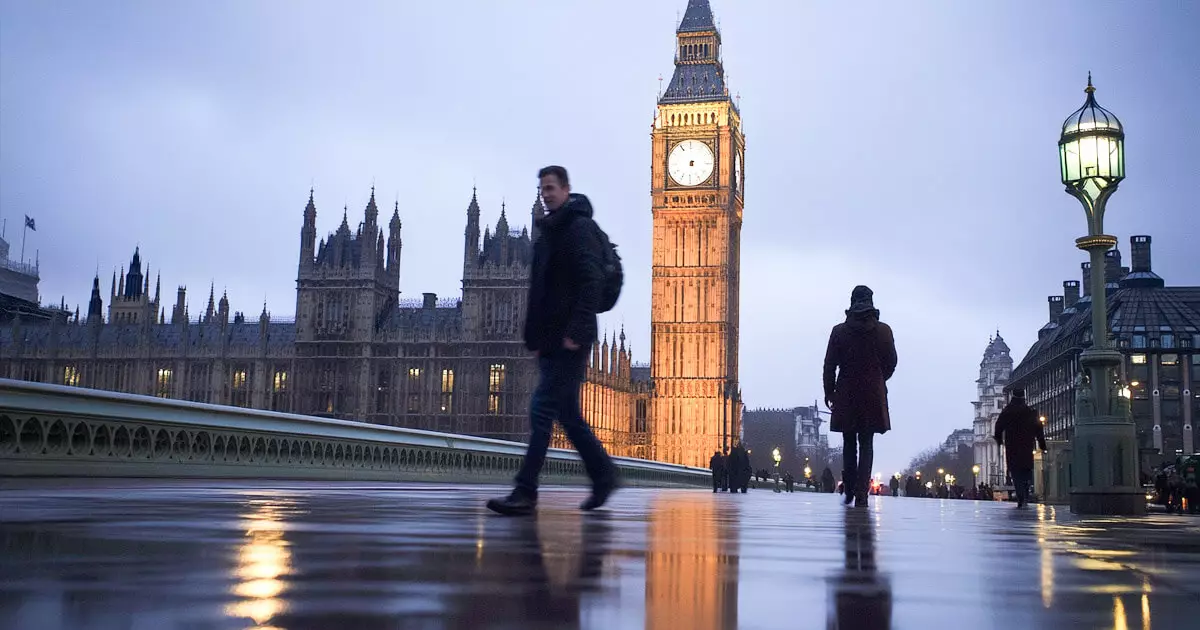The Financial Conduct Authority (FCA) of the UK, in conjunction with the Bank of England, has embarked on an ambitious new venture: the Digital Securities Sandbox (DSS). Officially launched to facilitate the exploration of distributed ledger technology (DLT) and tokenized assets within the context of traditional financial markets, the DSS sets out a clear agenda spanning until December 2028. This initiative aims to enhance the efficiency, transparency, and resilience of the UK’s financial systems while positioning the country as a foremost leader in financial technology innovation.
The DSS is meticulously structured into distinct phases known as “gates.” Each gate serves as a progressive checkpoint for participating firms, allowing them to escalate their level of permissible activities as they advance through each stage. This systematic approach encourages gradual adoption and experimentation with DLT applications, ultimately leading to a live operational environment. Notably, firms will face minimal barriers in conducting real-world activities following the completion of Gate 2, where they can engage in the issuance, trading, and settlement of actual digital securities.
These digital assets will be equipped to operate comparably to conventional financial instruments. This functionality is crucial as it allows for their application in complex transactions such as repurchase agreements and derivatives contracts. Notably, the range of eligible instruments includes equities, government and corporate bonds, and emissions allowances, catering to a comprehensive spectrum of financial activities.
One of the standout features of the DSS is its open invitation to a broad array of firms across various stages of development—ranging from established financial institutions to emerging market entrants. This broad approach allows the DSS to harness diverse perspectives and innovations within the financial ecosystem. Applications are currently being accepted and are expected to remain open until approximately March 2027, providing ample time for organizations to align with the regulatory framework.
The gradual timeline also allows both regulators and firms the opportunity to refine their operations and prepare for a potential transition to a permanent regulatory environment. The success of this technology implementation will be carefully measured and could fundamentally reshape current practices across financial markets.
In conjunction with the DSS rollout, the FCA and the Bank of England issued Policy Statement PS24/12. This document delineates the final policy approach to creating an effective operational framework, incorporating valuable feedback from industry consultations. Noteworthy adjustments include the expansion of asset scope to embrace non-pound sterling-denominated assets, which diversifies the types of financial instruments that can be utilized within the DSS.
Additionally, the introduction of limit ranges instead of fixed limits during go-live stages offers participating firms greater flexibility, which is a significant improvement in the regulatory landscape. Further, the reduction of the minimum capital requirement for a Digital Securities Depository (DSD) from nine months to six months of operating expenses reflects an acknowledgment of the challenges faced by nascent firms trying to engage with this innovative space.
The DSS represents a vital step forward in the UK’s endeavor to explore the potential benefits of blockchain technology and other cutting-edge innovations in financial markets. By combining a framework that promotes innovation with the imperative of maintaining market integrity and financial stability, the UK is poised to cultivate a more dynamic yet secure financial environment.
There remains an important caveat, however: while exploring DLT’s capabilities, the UK’s focus does not align with the decentralized ethos that characterizes the broader Web3 landscape. The initiative emphasizes regulation and oversight, ensuring that the pursuit of innovation does not come at the cost of regulatory integrity or consumer protection.
The DSS not only fosters an environment conducive to technological progress but also serves as a litmus test for the future intersection of traditional finance and digital innovation. As the sandbox evolves, stakeholders will keenly observe its outcomes, which could shape the future dynamics of global financial systems for years to come.

